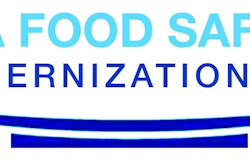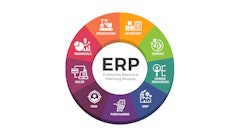
The Food Safety Modernization Act (FSMA) places new requirements on many food companies this year, according to Food Safety News. The movement of U.S. food safety efforts away from a reactive, punitive measures to a preventive system of safeguards has many food company owners fizzing.
Among the congressional mandates in FSMA are seven rules developed and published by the U.S. Food and Drug Administration. One of those, commonly known as the Preventive Controls Rule for Human and Animal Food, covers everyone from individual farmers market vendors to Walmart and McDonald’s. The preventive controls rule applies to all “facilities engaged in manufacturing, processing, packing, or holding food for consumption in the United States,” requiring that they conduct Hazard Analysis and Risk-Based Preventive Controls (HARPC) reviews and implementations to establish science-based measures to reduce the risk of food contamination.
In some industries the HARPC concept is referred to as HACCP — Hazard Analysis and Critical Control Points.
To read more, click here.
Editors Insight: The FSMA represents the most significant overhaul of food safety regulation to the U.S. food industry. In order to help companies comply, the FDA has a staggered compliance schedule, giving smaller operations more time to implement changes because of budget constraints they face. Very small businesses, defined as those averaging less than $1 million per year in annual sales, have three years to comply with the preventive controls rule, but these businesses are required to have records to support their status as very small businesses as of Jan. 1, 2016.
Many government and non-profit groups, including the Food Safety Preventive Controls Alliance and the Produce Marketing Association (PMA), have educational and training programs and materials to help food businesses complete the HARCP reviews necessary to develop preventive procedures. 4-25-16 By Elliot Maras

















